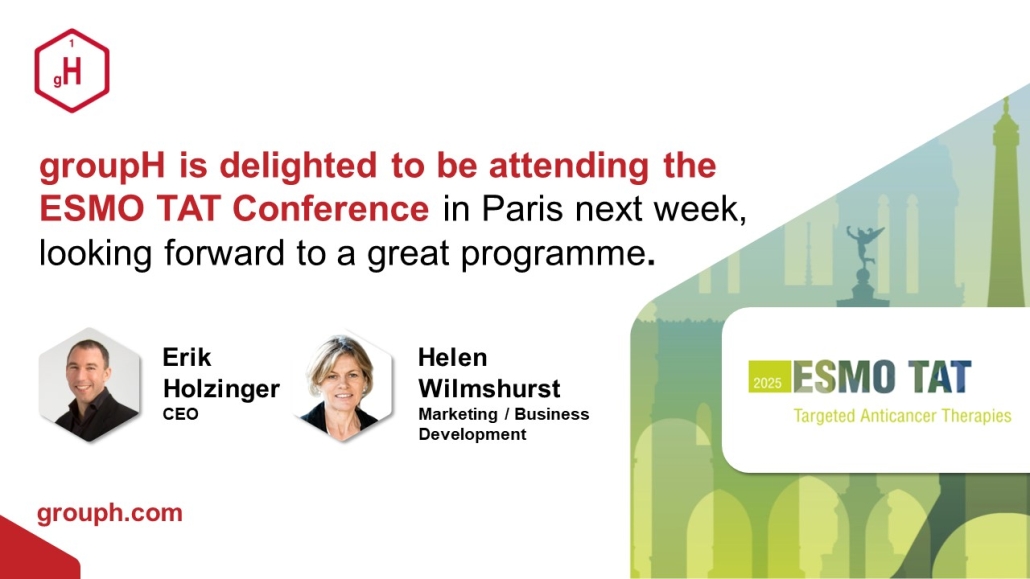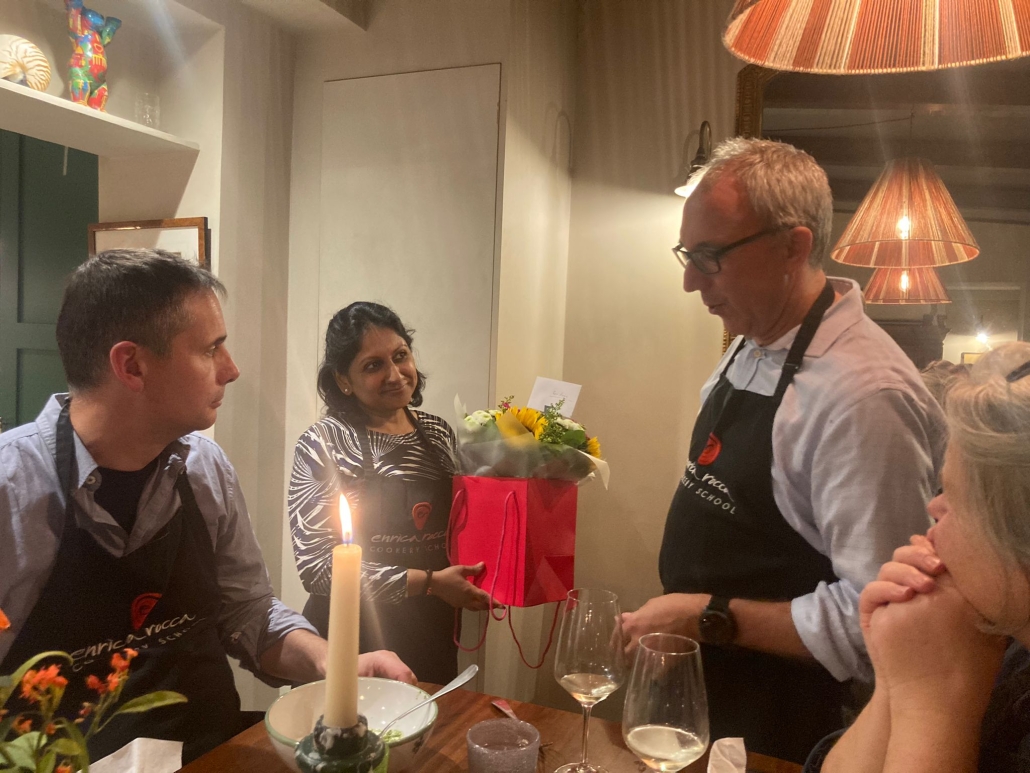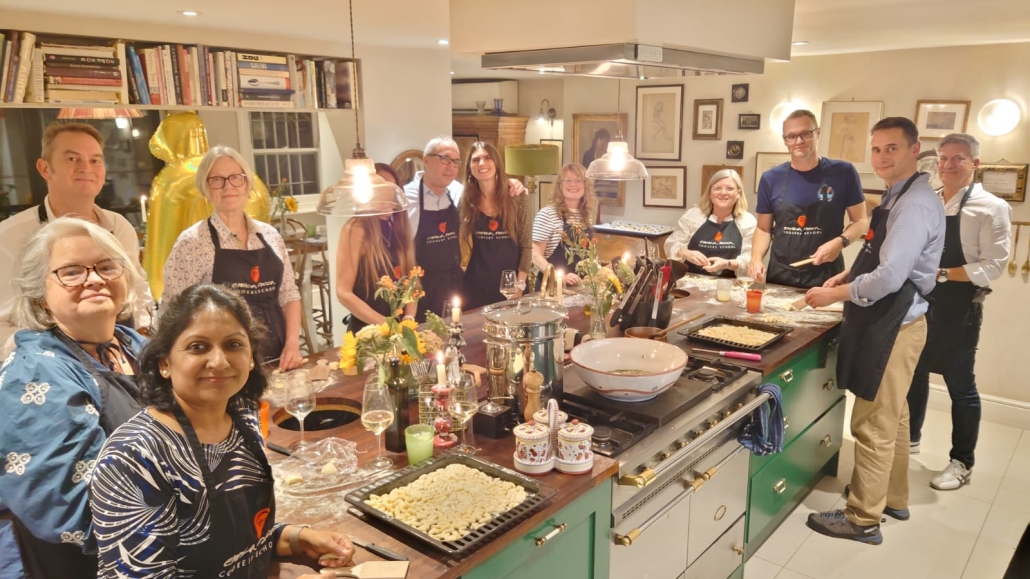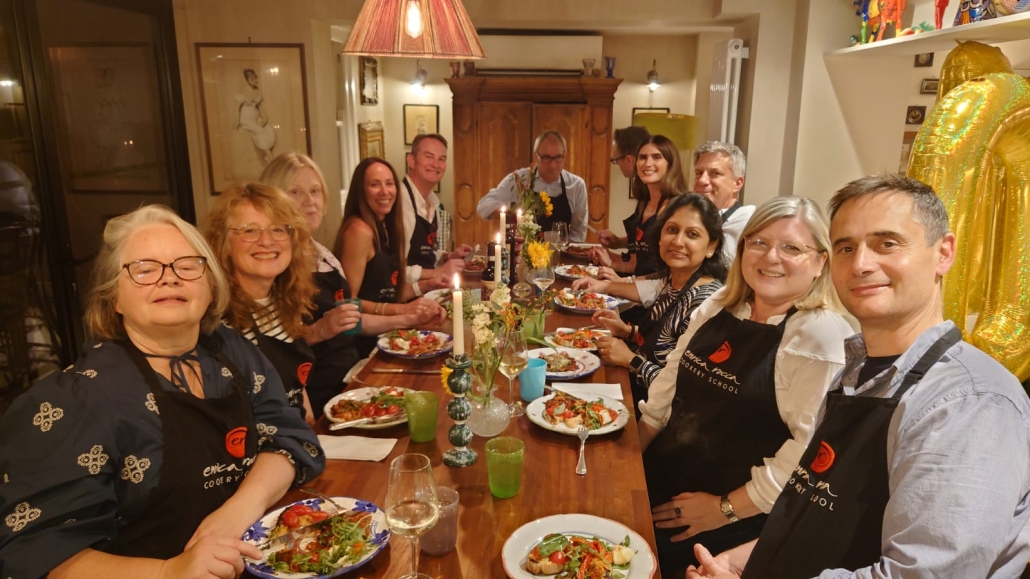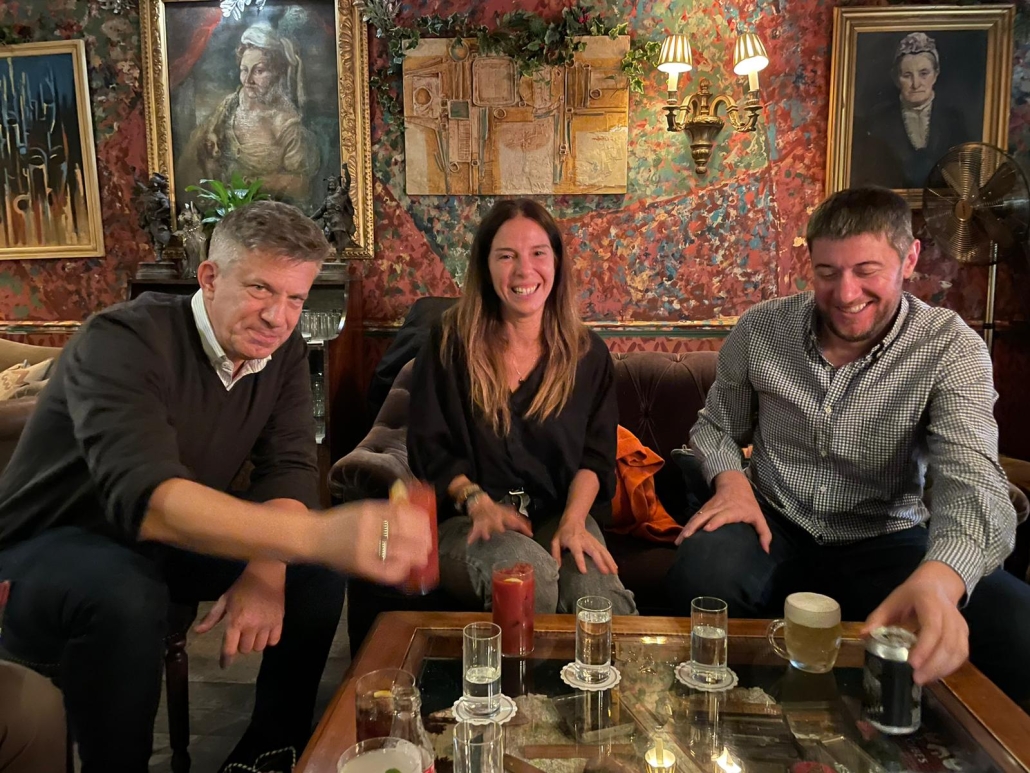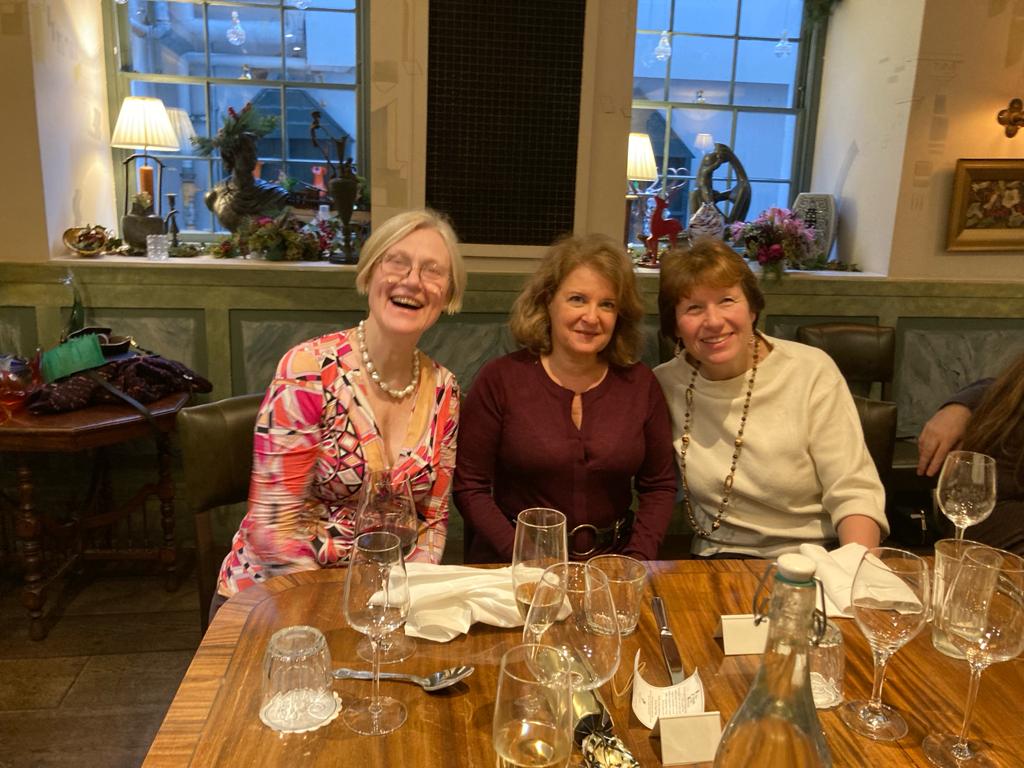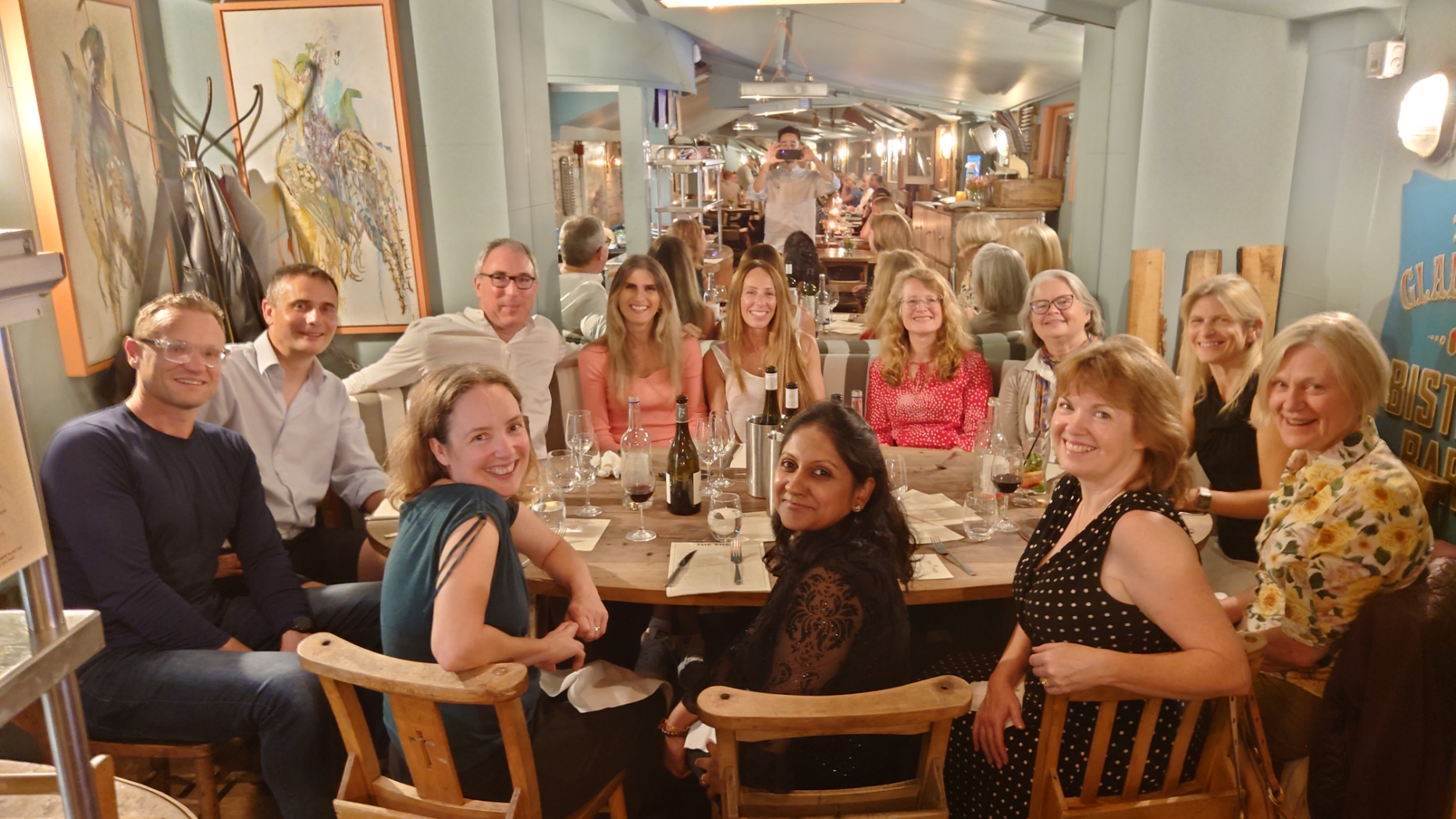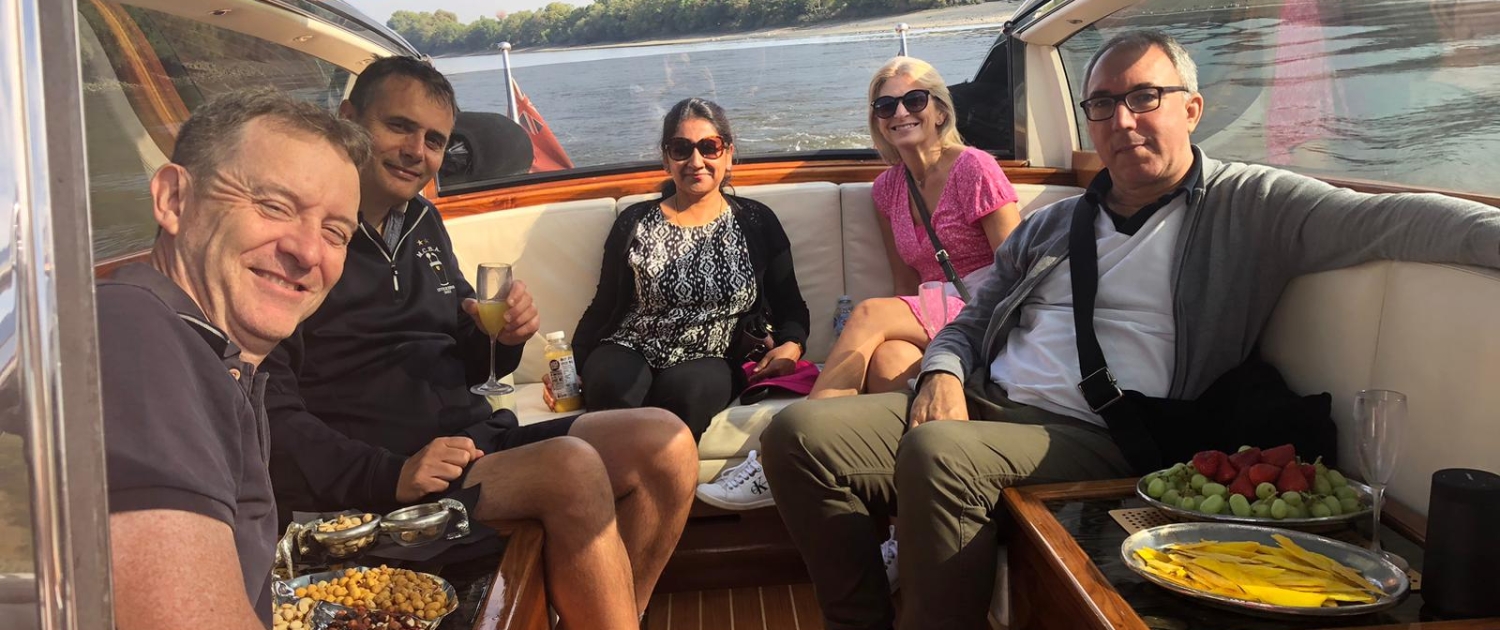
We are almost one year on from ephmra’s 2023 annual conference when we were told that in the future, on average, AI will free up 37% of our time. For many this was a wake-up call at the time but one year later in Berlin, there is still a sentiment that it cannot yet be foreseen how exactly AI is going to change future market research and insight work. There are still relatively few pharma case studies around and overall AI literacy is only just emerging, similar to AI being as novel as a new molecule in Phase 1.
The ephmra German Chapter meeting was looking to provide not only more food-for-thought but also hands-on AI experience and perhaps a reminder that innovation is not all about AI.
Here is groupH’s pick of the key messages.
AI is not perfect but engage rather than wait
Paul Simmering from Team Q gave some background on the history of AI, its progress in recent years, its key principles and illustrated ways of how to customize AI for more relevant responses. In his view, the promise of AI lies in its ability to offer a bigger scale of analysis while also allowing more time for big-picture strategy, communication and action. QC measures, however, remain to be optimised to address potential issues with LLMs. These challenges include potentially imprecise, incomplete, obsolete, not-reproduceable or hallucinating responses, which may undermine trust in the technology.
Acquiring AI literacy includes refining prompt engineering skills
Guided hands-on AI training sessions helped to create synthetic respondents and AI images. We also used AI for the coding of open-ended questions and learned how to use the right prompts to find, extract and condense publicly available information with ChatGPT for a case study. In this example case study extracting and comparing existing or planned use of AI and other new technologies between the 2023 annual reports of Pfizer and AstraZeneca was possible in less than 2 minutes even for a less experienced AI user.
Traditional research formats such as ATUs are evolving
While popular and seen as indispensable, traditional message recall projects may suffer from shortcomings such as lack of actionability of outputs or potential inflation of ‘true’ impact while they are resource intensive and time consuming. Samy Issaoui from Instar suggests that more value can be generated with a more holistic approach involving customisable master KPI modules, expanded recall timeframes, use of chatbots and real-time dashboards.
What we won’t forget from the conference
- Demystifying AI is much less daunting when organised as a series of informal workshops
- There is another angle when looking at AI, not as a rising tide of new AI enabled tools but as a range of possibilities that may enhance or complement a given use-case
- It is still early days for AI. Similar to a Phase 1, FIH drug trial, the milestone generates excitement but still carries a lot of uncertainty. Generative AI LLMs mimic human responses but unlike humans they do not [yet] have an internal view of the world and hence may lack the important attribute of reproducibility
- Loft workspaces are nice but do come at the cost of climbing at least 5 flights of stairs in the typical Berlin early 20th century houses
By Erik Holzinger, groupH, London


